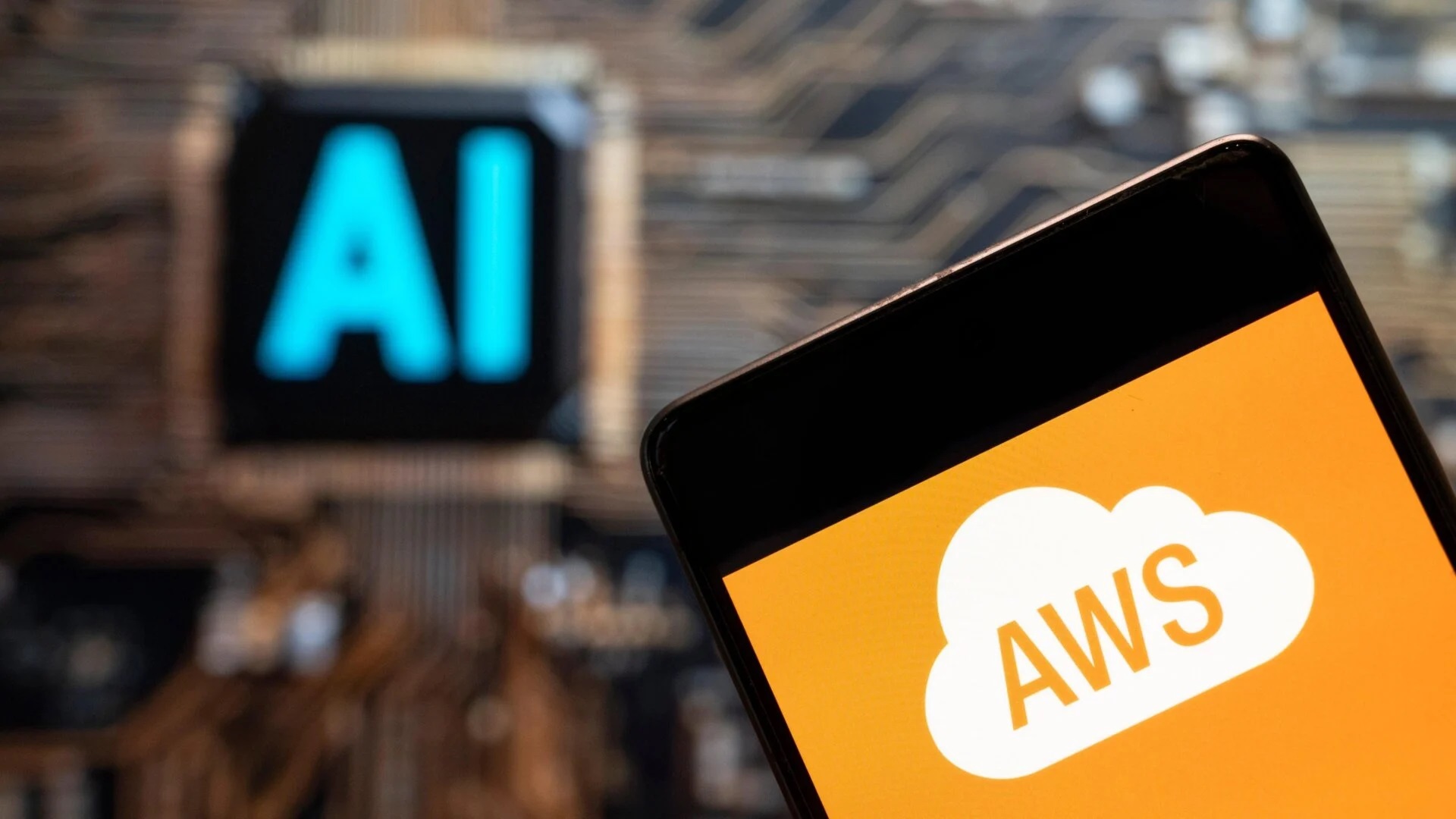In a recent scholarly contest orchestrated by the University of Chicago, human financial experts were matched against the formidable artificial intelligence capabilities of Microsoft-backed OpenAI, currently reigning supreme in the AI domain. The outcome was a compelling victory for AI in forecasting corporate earnings, an event that might initially conjure images of a robotic uprising on Wall Street. However, a closer examination reveals a more intricate narrative, underscoring AI's distinct competencies. It becomes apparent that the true potential lies in harmonizing AI's analytical prowess with human acumen, possibly yielding superior outcomes.
AI's Capability to Scrutinize Extensive Financial Information
The study accentuated AI's exceptional capacity to sift through and assimilate colossal volumes of financial information. By delving into corporate filings, journalistic pieces, and the nuanced sentiments expressed on social media, AI is capable of discerning patterns and trends that elude human perception. This endows it with the proficiency to make remarkably precise forecasts regarding a corporation's prospective performance, potentially conferring an advantageous edge to investors navigating the tumultuous seas of the stock market.
For instance, AI can scrutinize a company's financial reports with unparalleled velocity and accuracy, unveiling latent trends that might otherwise be overlooked by a seasoned securities analyst. Moreover, AI is adept at processing real-time news updates and social media analytics, gauging the public's disposition towards a firm and its offerings. This comprehensive data assimilation forms the bedrock of AI's systematic predictive capabilities concerning future earnings and anticipated stock price fluctuations.
The Strategic Advantage of Human Insight
While AI excels in quantitative analysis and pattern recognition, human analysts contribute an indispensable element: strategic cognition. They are equipped to contextualize AI-generated insights within the broader framework of market dynamics, industrial transformations, and macroeconomic indicators. This human perspective facilitates a richer comprehension of the multifaceted factors influencing a company's future trajectory.
Additionally, human analysts possess the intuitive capacity to evaluate a company's executive leadership, competitive environment, and long-term strategic vision—qualitative dimensions that AI struggles to encapsulate yet profoundly impact a corporation's enduring prosperity.
Consider a scenario where AI projects a robust uptick in a company's share value predicated on robust financial metrics. A human analyst, however, might unearth impending legal challenges or impending changes in the C-suite, recalibrating expectations and furnishing a more holistic assessment.
A Collaborative Frontier Is Unfolding
The University of Chicago's study should not be misconstrued as a zero-sum game between AI and human analysts. Rather, it illuminates the prospects for a synergistic partnership. Envision AI as an indefatigable research aide, meticulously dissecting data and synthesizing insights. Subsequently, the human analyst assumes the mantle of interpreting these revelations through the prism of seasoned judgment and strategic reasoning. This integrated methodology paves the way for more judicious investment choices.
Essential Insight - Synergy Between AI and Humans
The future of investment analysis is unlikely to herald the obsolescence of human expertise in favor of robotic counterparts. Instead, it envisions a collaborative milieu where AI's analytical strength and human strategic sagacity coalesce to engender superior outcomes. By harnessing the complementary strengths of AI and human intellect, investors can forge more enlightened decisions, potentially outpacing the market. As AI technologies continue to advance, we anticipate the emergence of increasingly potent tools and predictive analytics, empowering investors across the spectrum to deftly traverse the perpetually shifting terrain of the financial markets.





